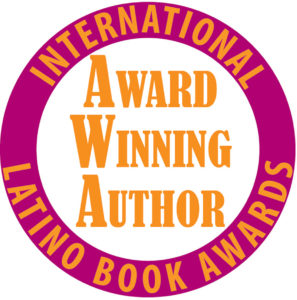Support Cubanabooks
To support Cubanabooks, visit our page at North Valley Community Foundation.
Author: Mirta Yáñez
Translator(s): Sara E. Cooper
ISBN: 978-0-9827860-3-1
How to Purchase
Our books are available for individual purchase (print and e-books) at Amazon.com(opens in new window) and most other online retailers.
For library, bookstore, or other bulk orders please contact Small Press Distribution(opens in new window) or write to the editor-in-chief at scooper@csuchico.edu.

2nd Place Best Fiction Book Translation — Spanish To English
International Latino Book Awards 2016
Tones of disillusionment and wistful longing permeate the 240 pages of this novel about the passage of time, the city of Havana, and death. Within its complex structure, a concert of diverse voices narrates the compelling sagas of a generation of Cubans who embraced the 1959 socialist revolution in their adolescence, as well as today’s twenty-somethings who inherited its boons and its banes. The common question asked throughout the novel is two-fold: where are we now? how did we get here? One of the characters, a woman who talks to herself in the park, repeatedly proffers her own answer: “And Havana is dying…”
Of the twelve narrators, four of them form a cohort of contemporaries who studied together at the University of Havana in the ebullient decade of pride and promise (the 1960s), volunteering in coffee-picking brigades in the high sierras, picking sugarcane in the sweltering summer vacations from classes, and advancing literacy in the most remote regions of the island. Sharing a vision of universal equality, loving service, and abundance, they knew they were the leaders oftomorrow, chosen by destiny to change the world by example, and if needed, by force.
Almost five decades later, their paths have diverged: geographically, economically, and ideologically. The doleful Martin struggles with writer’s block; Maria Esther is alone and dying of cancer; Gertrudis, staunch feminist, waxes philosophical; and elitist Estela pampers herself in London; they all tell the story of their decaying city and fading lives. The novel is a palimpsest: diverse layers of personal narratives overlay the story of Havana, one that she can’t tell for herself.
Readers will delve into the complicated actuality of Cuba as it is today, an island nation cherished by its inhabitants despite the harsh quotidian existence that it offers.
The wound is bleeding, Havana is dying, and readers will want to know the answer to the questions posed in Yáñez’s novel, questions as universal as they are intrinsically Cuban: Who are we? Why are we here? And what will become of us?